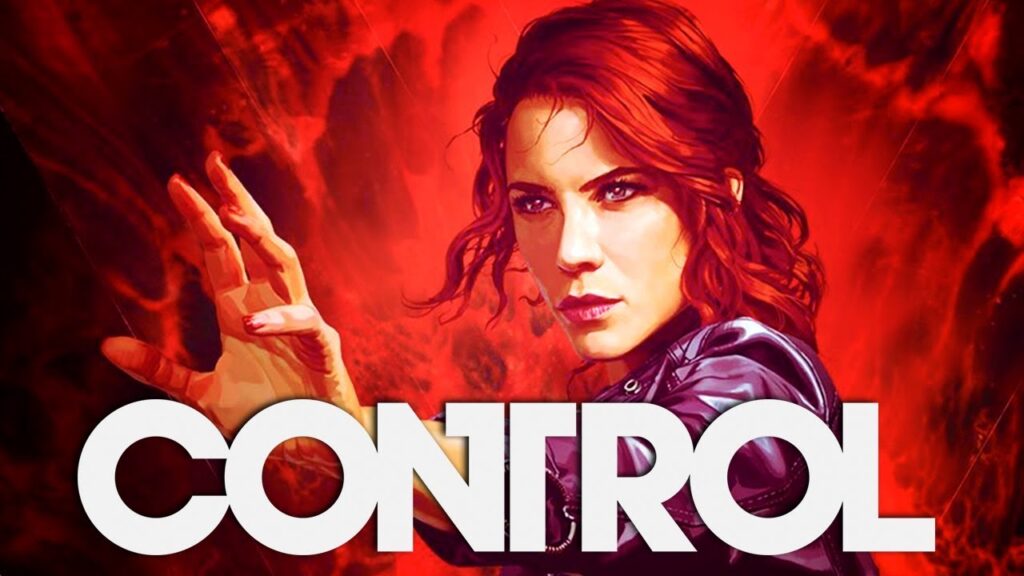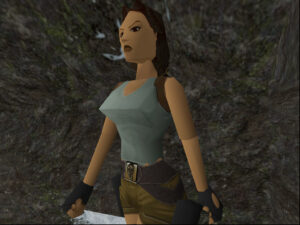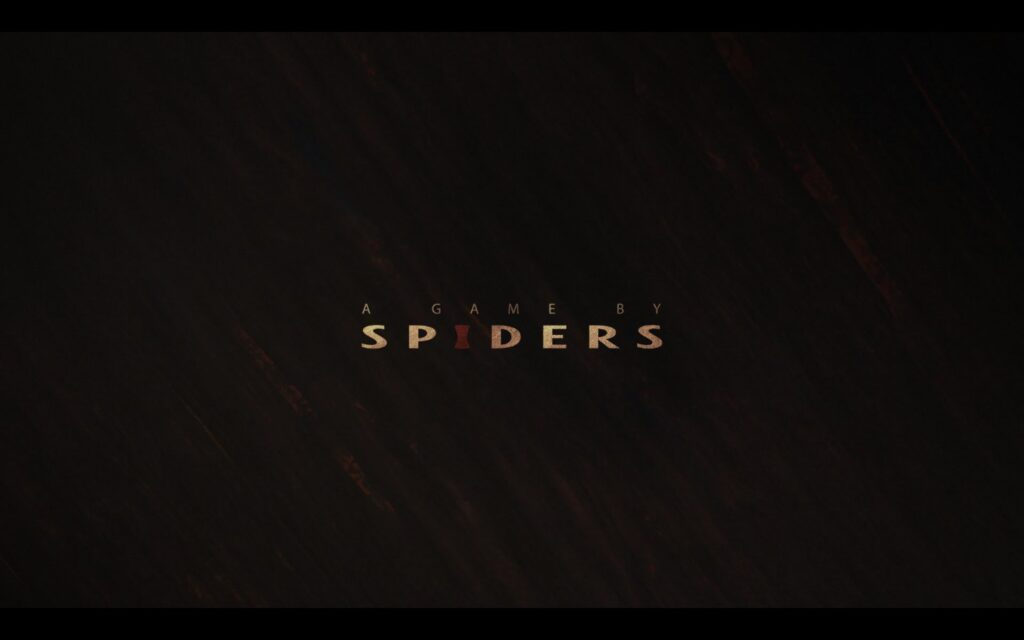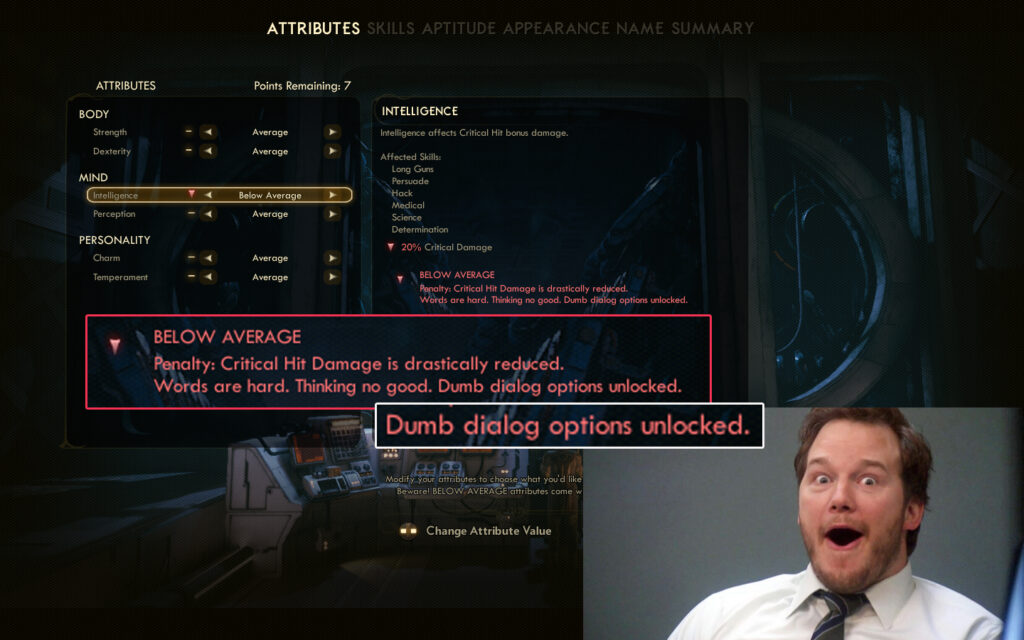The Resident Evil franchise from Capcom is one of the granddaddys of the survival horror genre in video games, not to mention zombies. Full disclosure that I never played the original 1996 game beyond a short demo, which was enough to turn me off because no amount of novelty was going to get me past the absolutely atrocious writing and voice acting. In particular I will never forget this early exchange between two members of an elite Special Forces team:
Dude (cheesy voice): “Jill, can you use a gun?”
Jill (girly voice): “I think so…”
I guess no offense to those of you who soldiered on, but I was out and I’ve never gone back, even when they eventually rebooted it. Same reason I have the unpopular opinion that Silent Hill 2 is not the greatest thing ever — it was a cool concept and setting but that dialogue just felt like I was getting my teeth pulled. I’m one of those weirdos who doesn’t skip cutscenes or even questgiver text when playing a game so I find it rough if that’s not clicking for me.
Luckily for my relationship with RE, Resident Evil 2 debuted in 1998 and felt much improved and immersive, even if running from zombies was interspersed with trying to find heart-shaped keys. I also liked the innovation of the disc it came on being 2-sided — on one side you played through the game as rookie cop Leon Kennedy, and on the other you played college gal Claire Redfield, and their stories intertwined and diverged in intriguing ways after a shared beginning. On top of that, once you completed the game you unlocked a second run-thru which wasn’t just the usual “same-game-but-you-keep-your-upgrades” but provided new scenes and even an extended ending that represented the truly complete story.
You basically got 4 complete games for the price of 1, which is a heck of a thing to consider in this modern era where you’re lucky to get a no-frills experience that works without day 1 patches, microtransactions and DLCs. The dialogue was still sometimes funky but not teeth-grinding and really, it’s a deserved classic. Resident Evil 3 followed up the next year and was a major upgrade for the character of Jill Valentine (yes, that Jill quoted above) while also remaining one of the more intensely terrifying experiences I’ve had playing any game.
After 3 the series took a different tack and even though I played RE 4 and RE 5 I completely took a pass on RE 6 or any of the other seemingly innumerable spin-offs like Code: Veronica. They might have been good or at least enjoyable, but it wasn’t until this year when I finally fired up Resident Evil 7 that I got hooked back in.
Because holy shit is RE 7 impressive. And immersive. I may have to do a whole blog about it when I finish but so far the controls, the acting, everything is just amazing, particularly while wearing the new headphones Dawn bought me so I can hear the measured tread of the thing chasing my protagonist. It’s a completely different play style than the old games but the scares are there and the puzzles are worked in enough I can suspend my disbelief.
Now perhaps ironically, it’s so good that I started paying attention to the recent RE output again. I watched the demo for RE 8 and it was jaw-droppingly gorgeous (even when horrific), and noted there was a free demo for the Resident Evil 3 remake. I was vaguely aware they had done remakes of 2 and 3 but hadn’t been all that interested since they basically just looked like 4 with their over-the-shoulder viewpoints and such. Lo and behold though, after a few minutes of playing that demo I broke down and bought RE 2 and 3 both because there was a special sale of a “Raccoon City bundle.” I hate bad dialogue and pacing, but I’m an absolute sucker for the opposite and the remake was hitting my buttons. It was this lore and these stories revisited with the more mature pass (not just mature in terms of adding F-bombs) I always dreamed of.
So two things: one, RE 2 was hard for me to pull myself away from because I found it just that immersive. RE 3 I have to take breaks from because I’m once again finding it just that terrifying. You know it’s a good boss fight when it ends and you let out a breath you didn’t realize you were holding, and if there’s any regret it’s that sometimes I can’t stop to appreciate the apocalyptic scenery fully while running for my life.
I’ve heard people were unimpressed or even disappointed with these new iterations but I don’t get it. I suppose maybe if you paid $60 but then again that’s why I am the patient spider with my game purchases. There are no microtransactions and all the content and unlockables are included with the exception that you can buy some extra outfit options as DLCs. And there’s a try-before-you-buy demo, which is something that at some point fell out of style and I dearly wish every major game still had. The cynical side of me says that’s because the current AAA game industry model seems to be getting as many people as possible to buy or pre-buy a new game based on hype alone, which seems more often than not to lead to either buyer’s remorse or a sunk-cost denial of day 1 problems. There’s no guarantee that a playable demo couldn’t just represent some finished bit that works while the rest doesn’t but it’s at least something. A good one shows the company has some pride in their work and gives you your taste of what to expect, and it feels better than going in completely blind. That used to be how games were marketed, by presenting the public with the opportunity for informed decisions. I turned away from the original RE because of a demo, and then RE 2 got me back on board. Now, in a lot of cases it seems like companies market them by hiding as much as possible, and sometimes in intentionally malicious ways, to the point where Cyberpunk 2020 is getting CD Projekt Red sued not by angry consumers (or not just by angry consumers) but by their own investors.
But I digress. These remakes float my proverbial boat in a way I completely did not expect, evoking the nostalgia of the originals but being new experiences in their own right.
Oh, and like in Shadow of the Tomb Raider, you can choose whether to rapidly tap buttons during events or just hold them down. You didn’t get that choice in the old days, and my old bod again appreciates the option.











